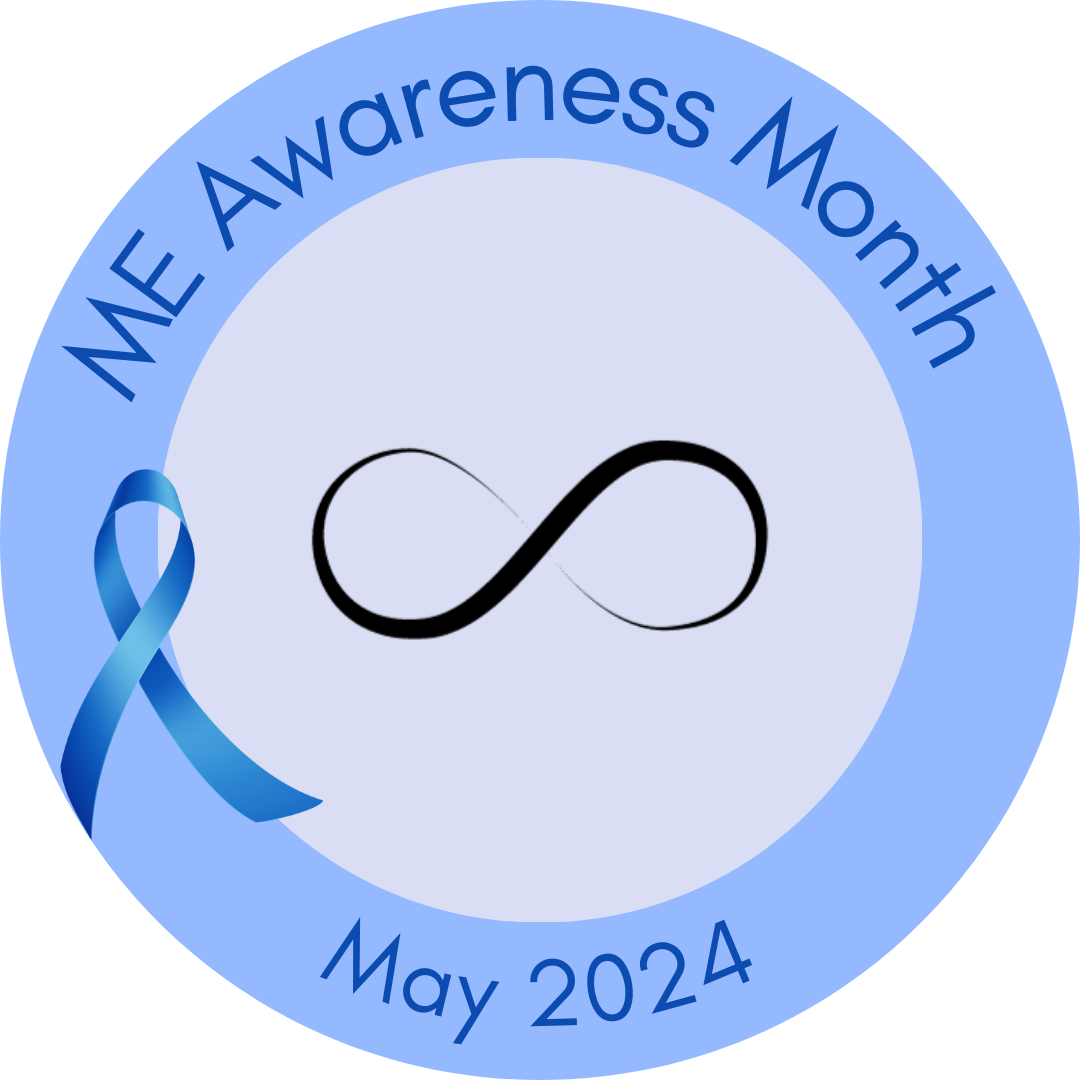
If you have a Twitter/X account you may have noticed recently a spate of posts and reposts from the ME/CFS community about terrible hospital treatment, deaths due to hospital neglect, and the general disbelief and disagreements from both medical professionals and politicians. I would like to explain why we struggle so much to get the recognition and help for our condition, despite consistent evidence that our bodies do not function properly.
There are between 15-30 million people living with ME/CFS worldwide, and the number of diagnoses has increased exponentially since the pandemic as those with long covid have been diagnosed with ME/CFS. Despite the huge number of cases worldwide, and the many researches being done (with which definite neurological and biological evidence has been found, example here) there is still no answer as to why our bodies stop functioning properly. We are desperate for an answer and a cure. Without an answer we remain without effective treatment.
Outside of that, we are battling a very uphill struggle to have our condition recognised as genuine. There are many in the medical community, politicians, as well as the general public, who do not believe that ME/CFS is real, and that so-called treatments like CBT (cognitive behavioural therapy) and GET (graded exercise therapy) are the answer. Both of these have proven detrimental to those with ME/CFS. Also, there is the misleading belief that ME/CFS is psychological illness with doctors sending patients for psychological analysis. Even the belief that ME/CFS patients are making up their symptoms for attention remains prevalent. Because of these false beliefs, many are not able to get the medical help they need for daily life.
According to the NICE guidelines, the scale for ME/CFS ranges from mild to very severe. The people on the very severe end are unable to leave their beds, have extreme light and sound intolerance, and may even need to be tube-fed due to problems with swallowing. Currently in England, there are three known patients with very severe ME/CFS who are in hospital because of their condition, and yet are receiving terrible treatment because of the disbelief among the staff and doctors that the problem is ME/CFS, despite a professional medical diagnosis having been previously made. They are not even following the NICE guidelines for treating ME patients. The ME patients are Karen, Millie and Carla. This link takes you to a recent video published on social media which shows Carla’s current physical reaction to the treatment she has been receiving. I will warn you in advance that it is harrowing to watch.
It is possible to die from ME/CFS, and two people in the UK have had ME as the cause of death on their death certificates – Merryn Crofts being one of them. Merryn was bed bound with severe light, sound and touch intolerance. When Merryn developed problems with swallowing, her parents begged the doctors to fit a feeding tube so she could eat. They refused. Merryn died in 2017 aged 21. The inquest into her death concluded that her cause of death was starvation caused by a withdrawal of supportive nutrition, caused by ME.
It’s not just in the UK that indifference, neglect, and lack of medical support is a problem. The USA, Australia, Greece and India are just a few of the many countries who refuse to accept that ME/CFS is a real neurological and biological condition. Getting any sort of help is proving difficult to nigh impossible.
This is what we are fighting for. This is why we use social media. We need to stop the deaths from happening, and not many people are listening to what’s really going on. It’s a frightening thought, but if my condition worsens, I will be treated just the same in hospital. It’s the same fear for all in our community. We are tired of being ignored and disbelieved.
Next month is ME Awareness Month. Many will be posting and reposting to fundraise for research and charities. Others, like me, will be posting to raise awareness and show how much this is a serious issue with serious consequences. For many, social media is the only way to get their voices heard and to know that we are supporting each other as best we can – however little we may be able to it. Through social media platforms, we get petitions signed, promote research, raise money, and work to get exposure through media outlets.
For more information, please click on the links below:
Copyright © 2024 Charlotte Clark
